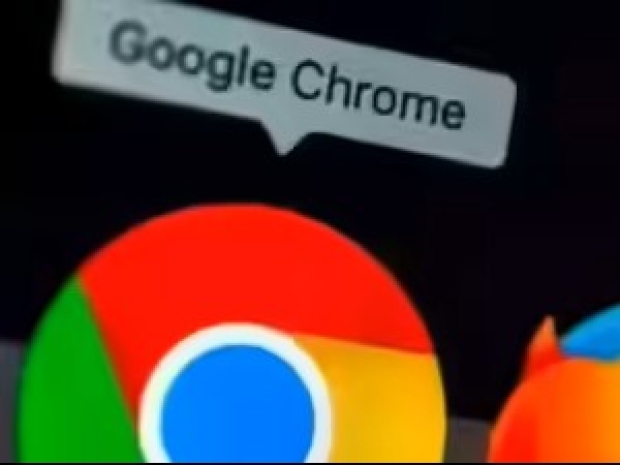Three insiders told Reuters that Sam Altman’s outfit is preparing to launch the browser within weeks, aiming to rewire how punters explore the web by dragging them into a ChatGPT-style interface. If even a fraction of ChatGPT’s 500 million weekly users jump ship, that could cause serious headaches for Google.
This browser is meant to do more than look pretty. The thing is being built atop Google’s open-source Chromium code, the same undercarriage that supports Chrome, Edge and Opera. Despite that irony, it’s a direct play at Chrome’s user data.
Alphabet has long used Chrome as its data vacuum to feed the beast that is its ad-targeting business. Nearly three-quarters of its revenue rides on knowing what people are clicking, watching and googling. Chrome defaults everything to Google and conveniently hoovers up the results.
Now OpenAI wants in. Its browser is reportedly designed to hold users inside a native chat interface, cutting down the need to actually visit websites. Handy if you don’t want Google getting a sniff. According to sources, it could integrate OpenAI’s Operator agent, allowing it to perform tasks like booking a table or filling in tedious forms without ever leaving the window.
This would give OpenAI new toys to sell and wedge itself deeper into personal and work lives, after the initial ChatGPT euphoria met competition from Google and Anthropic.
OpenAI confirmed earlier this year it was getting into hardware too, splashing $6.5 billion to buy AI device startup io. So this browser business is just one more tentacle in the company’s growing reach.
It won’t be easy, though. Chrome currently dominates with more than two-thirds of the browser market and over 3 billion users. Even newer efforts like Brave or Comet (from Perplexity) are struggling to dent the numbers.
Google’s grip has become so tight that the US Department of Justice wants Chrome carved out of Alphabet entirely, after a court found it held an illegal monopoly in search. OpenAI execs admitted in April they’d consider buying Chrome if regulators forced a sale. Unsurprisingly, Google said no and plans to appeal.
Instead of waiting, OpenAI decided to build its own, with two ex-Google VPs who helped birth Chrome now on its payroll. One source told Reuters the decision to go standalone rather than build a plug-in was about controlling the data pipeline.




